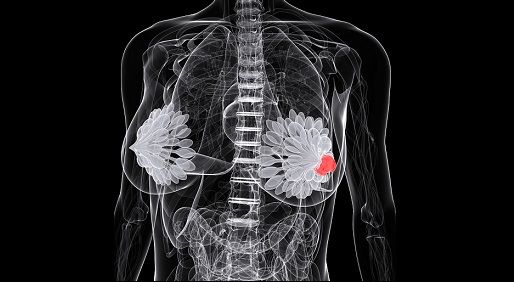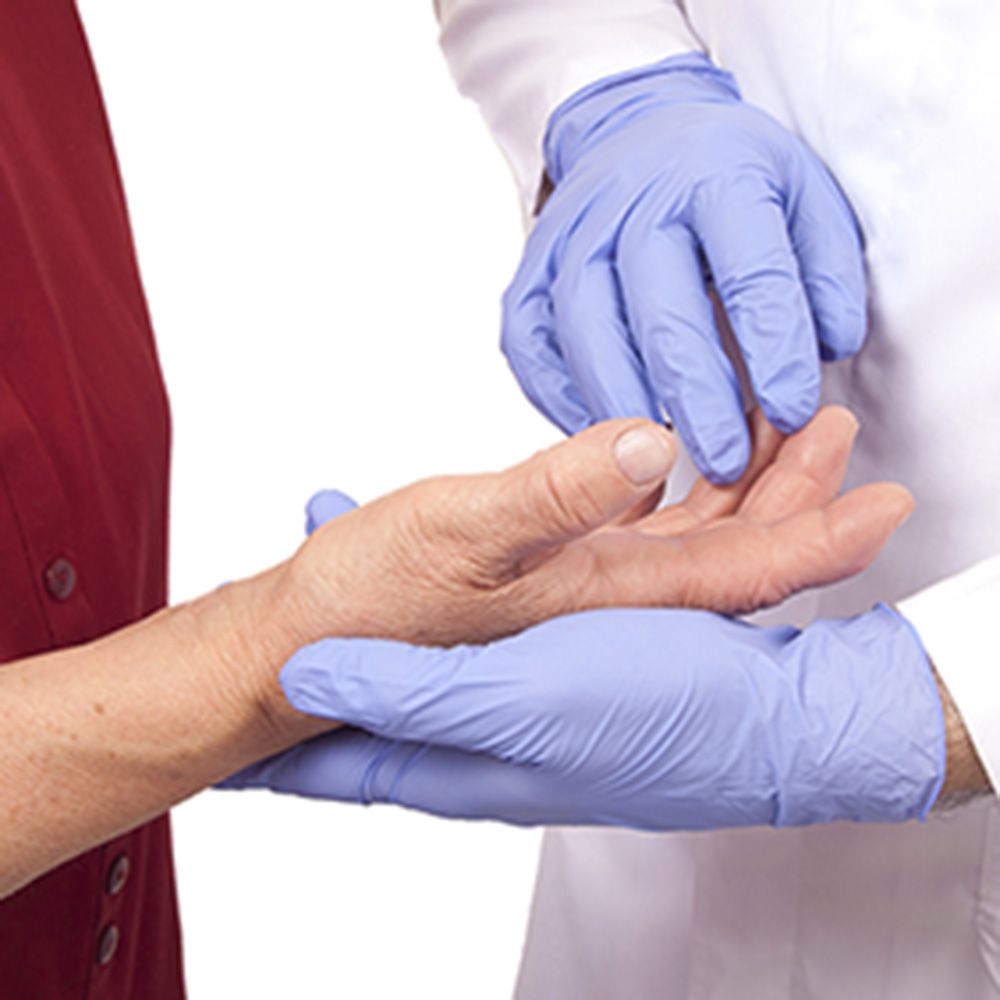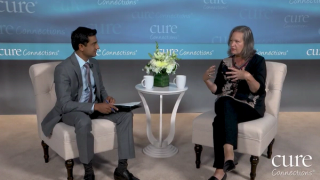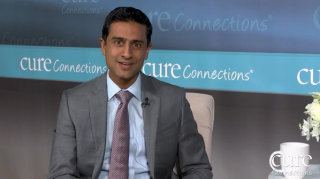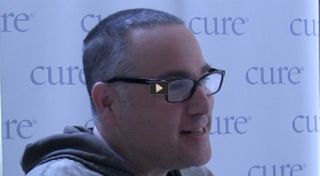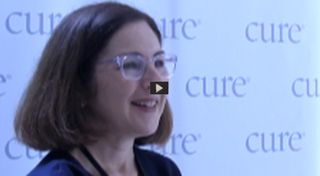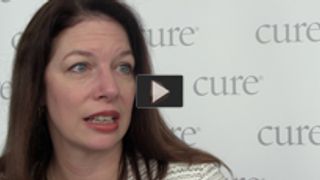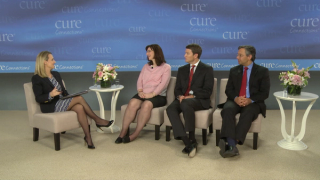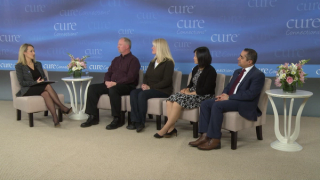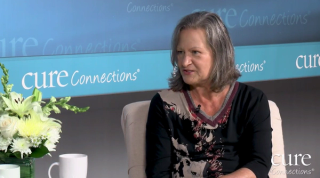
Breast Cancer
Latest News
Latest Videos

More News

Dr. Susan Love, founder of the Dr. Susan Love Foundation for Breast Cancer Research, died of leukemia.
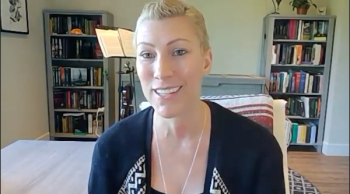
Kim Stuck credits her cannabis use to the fact that she maintained her weight, was able to work out and was not in pain during breast cancer treatment.

In my wife’s family, the same pathogenic BRCA2 mutation is shared among 1st, 2nd, 3rd, 4th, 5th and possibly 6th degree (too young to test) blood relatives.
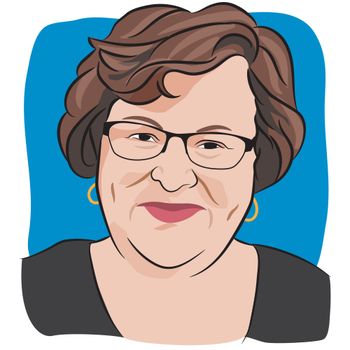
Anticipating a cancer scan, I think back on my early encounters with cancer.

From country music star, Toby Keith, providing an update on his cancer to the Duchess of York announcing her diagnosis, here’s what’s happening in the oncology space this week.
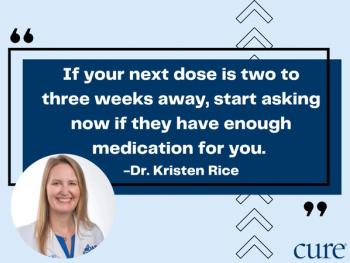
A chemotherapy shortage is resulting in altered treatment plans for many patients with cancer. CURE® spoke with experts about what that means for patients — and what they can do about it.

Treatment with a CAR-M cell therapy plus Keytruda is being assessed in a phase 1 study in patients with HER2-overexpressed tumors.
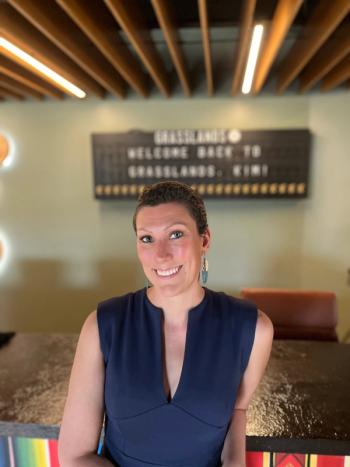
Kim Stuck, who was diagnosed with breast cancer last year, says she "couldn’t even imagine not having cannabis during that time."

Eating a plant-rich low-carbohydrate diet for survivors of breast cancer leads to better longevity, according to recent research.
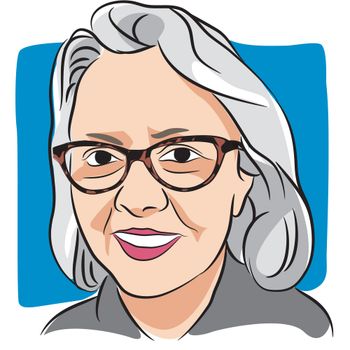
Surviving cancer means not just checking items off a bucket list, but also taking pleasure in doing the mundane, from sweeping a porch to mowing a lawn.

From Martina Navratilova's latest cancer update to the death of the Pentagon Papers whistleblower, here's what's happening in the oncology space this week.

Most cancer memories are triggering for me, but one place is particularly sweet when I think back on it.

I learned that finding the right kind of support during and after a cancer diagnosis is truly invaluable.
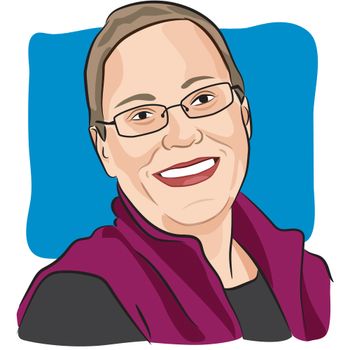
Genetic testing is the norm for cancer patients with familial history. How did I let it slip through the crack?

The application for capivasertib plus Faslodex in patients with HR-positive, HER2-negative locally advanced or metastatic breast cancer has also been granted priority review, meaning that the FDA has six months to make a decision.

A survey of cancer centers found that the majority of large centers are facing cisplatin and carboplatin shortages, and some are changing or delaying treatment because of it.
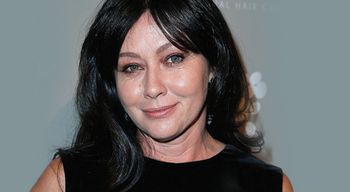
From Shannen Doherty’s announcement that her breast cancer spread to her brain to a nonprofit being established in memory of the late YouTuber, Technoblade, here’s what’s happening in the oncology space this week.

Artificial intelligence is becoming increasingly popular and can even write generic poems about the cancer experience. However, I feel that they cannot compare to the writings of people who actually lived with the disease.

After seeing my friend get off the merry-go-round of advanced cancer treatment, I am starting to think more seriously and soberly about my next options and decisions.

I recently underwent genetic testing to see if I had any mutations that could be associated with an increased cancer risk.

Patients with ER-positive, triple-negative metastatic breast cancer treated with a HER3-direct antibody drug conjugate obtained clinical responses with a positive safety profile.
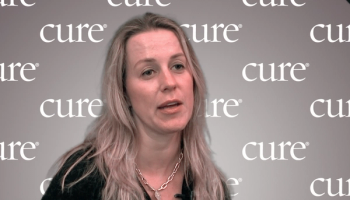
It may be more beneficial to reduce the dose of Verzenio rather than stop the drug altogether, according to the monarchE trial findings.
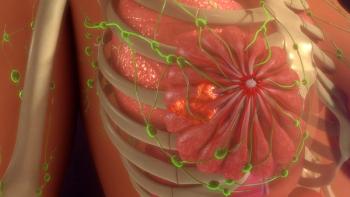
Findings from the monarchE trial presented at ASCO showed that for patients with hormone receptor–positive, HER2-negative, high-risk, early breast cancer, Verzenio provided “consistent treatment benefit.”

From Edward James Olmos and Khloé Karsashian both discussing their cancer diagnoses to a survivor making a movie musical about her diagnosis and more, here’s what’s happening in the oncology space this week.
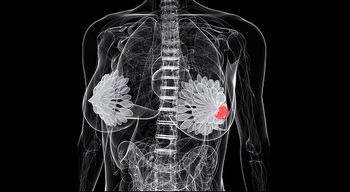
Adding Kisqali to endocrine therapy tended to improve the amount of time patients with HR-positive, HER2-negative early breast cancer lived before their disease became invasive.




